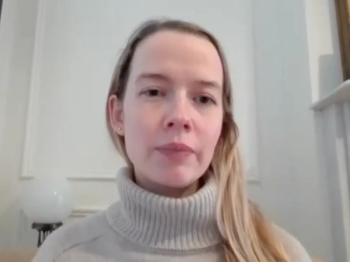
Findings show that 81% of posts related to cancer on the social media platform TikTok touted fake cures.

Findings show that 81% of posts related to cancer on the social media platform TikTok touted fake cures.

As a cancer treatment waiting room volunteer, I’ve discovered a unique community of shared experiences and unexpected connections.

An expert explains the importance of getting a second opinion during a cancer journey.
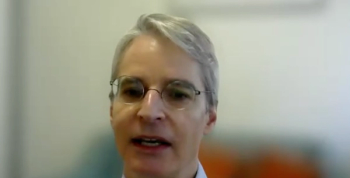
CURE spoke with an expert about the potential positive effects of psilocybin-assisted psychotherapy.

Despite being declared cancer-free after initial treatment, I grapple with survivor's guilt, questioning why my lymphoma responded to therapy while others did not.

Throughout the year, CURE® contributors shared personal stories and reflections highlighting the multifaceted nature of cancer care.

From the benefits of early adoption to the effectiveness of telehealth, here is what we reported about palliative care throughout the year.

Nearly 12 years after being diagnosed with ovarian cancer, Julie Brokaw believes life is a miracle.

A survivor shares tips on ways to practice gratitude the holiday season.

An expert advises a few things to keep in mind when patients with cancer are navigating these platforms.
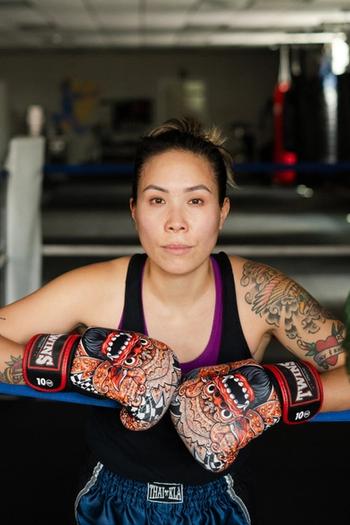
During the cancer treatment process, it's important for adolescents and young adults to balance independence while seeking support from loved ones.

Through journaling and connecting with my faith, I was able to embrace everything I was thinking and feeling during colon cancer.
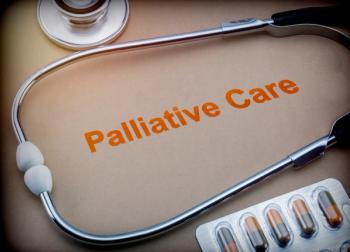
Although early palliative care may not increase quality of life short term, it can help with coping skills in patients with advanced cancers.

The militaristic terminology of “fighting a disease” does not sit well with me. After being diagnosed, I wasn’t fighting. I was reacting.
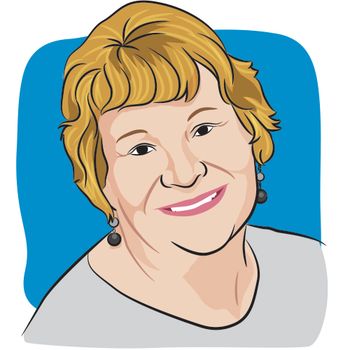
Cancer has changed my self-image, but I’ve learned a few tricks to help boost my self-confidence.

After being cancer-free for five years, I struggle with my own existence. However, I find meaning in helping others through their cancer experience.

Cancer gave me a new “fluffy” perspective on life.

My views on scars — both physical and emotional — changed throughout my cancer experience.

Reflecting on different reminders that have helped me maintain an empowering mindset and stay motivated on healing with cancer, one day at a time.

Helping others through their cancer experience helped with my own feelings of survivor's guilt.

It’s easy to fall into depression and anxiety during long hospitalizations for cancer, but creativity helped pull me out of those negative feelings.

“Everything happens for a reason,” is among some of the unhelpful things you can say to someone with cancer.

Sometimes, laughter really is the best medicine, so I tried to maintain a sense of humor through my cancer treatments.

Being in nature calms me, and I realized that research backs up what I’ve been experiencing.

In the 2024 CURE Summer issue, we focused on a facet of cancer: the question of faith.

LGBTQI+ patients with cancer are encouraged to seek positive relationships with care teams despite possible histories of minority stress.

When I looked back on calendars and journals from my time with cancer, I was surprised to see that it was incredibly mundane.

Meditation helped me quiet my mind and adopt a positive mindset after being diagnosed with cancer.

A Lynch syndrome diagnosis shook my world. Here is what I wish I was told from the get-go.
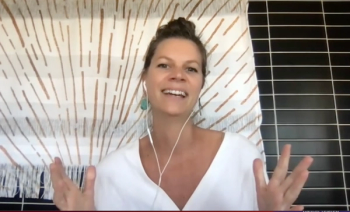
After a cancer diagnosis, toxic positivity can be unhelpful, though forced joy may bring light to a difficult situation, a survivor and advocate said.